Police Brutality—A Stark Violation of Human Rights and the Fight for Justice
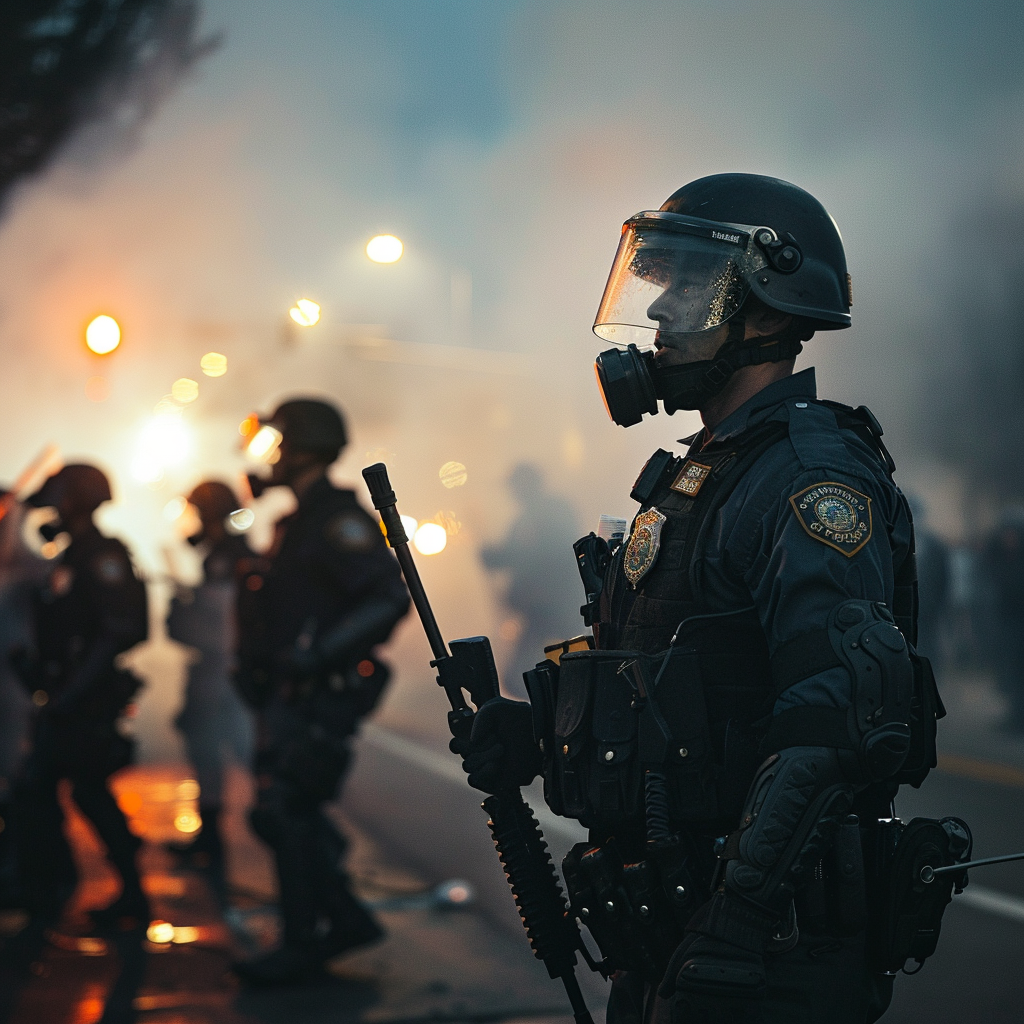
Police brutality remains one of the most urgent human rights crises of our time. It is an issue that challenges the very foundations of trust and safety in communities across the United States and beyond. Despite the rights to safety and security being enshrined in numerous international and national documents, for many, these are merely aspirational rather than actual guarantees. This breach of trust and failure of policy calls for a vigilant response from activists and civil society to advocate for substantial change.
Systemic Racism and Excessive Policing: Real Life Case Studies
The narrative of police brutality is deeply intertwined with systemic racism. Historical and ongoing discrimination against minorities, particularly African Americans, has been manifested in disproportionately high rates of police stops, searches, and violence. A glaring example was the tragic death of George Floyd in Minneapolis, which ignited global protests and a reevaluation of police practices. Floyd’s case is not isolated; similar stories repeat themselves with disturbing frequency, highlighting patterns of racial bias and the deadly consequences of excessive force.
In another significant case, the shooting of Philando Castile, who was stopped by police in Minnesota and fatally shot despite complying with the officer’s instructions, illustrates the fatal outcomes of systemic mistrust and aggressive policing tactics toward African Americans.
Laws and Policies Limiting Police Accountability
One of the fundamental obstacles to addressing police brutality is the lack of accountability enforced by existing laws and policies. Qualified immunity, a legal doctrine in the U.S., shields police officers from civil liability unless they violated a clearly established statutory or constitutional right. This standard is often insurmountably high, allowing many cases of excessive force to go unchallenged legally.
Moreover, many police union contracts provide protections that make it difficult to discipline or remove officers who have acted improperly. These agreements often delay interrogations of officers, expunge disciplinary records, or enable arbitration that can overturn firings or sanctions against officers found guilty of misconduct.
Strategies and Tools to Combat Police Brutality
Activists and reform advocates employ various strategies to combat police brutality and systemic racism. One crucial approach is the push for legislative reform at local, state, and national levels. This includes efforts to end qualified immunity, revise use-of-force policies, and dismantle overly protective police union contracts. Additionally, the establishment of independent oversight bodies with the power to investigate and discipline officers is crucial.
Technological tools also play a pivotal role in this struggle. The widespread use of smartphones and social media has brought unprecedented transparency to instances of police misconduct. Body cameras and dashboard cameras have become critical in providing objective accounts of police interactions.
Community engagement is another powerful tool. Building strong relationships between police and the communities they serve can help to foster mutual respect and understanding. Programs that encourage community policing and involve residents in policy reform efforts are essential to creating lasting change.
Conclusion: The Path Forward
As a society, we must recognize that police brutality is not just a series of isolated incidents but a systemic problem that requires a systemic solution. The right to safety and security should be real for everyone, regardless of race or background. Governments must meet their obligations to protect these rights, and when they fail, it is the duty of activists and the broader community to press for change.
In moving forward, it is crucial that reforms address the root causes of police brutality and ensure that law enforcement agencies serve and protect all community members equally. Only then can trust be rebuilt and the rights to safety and security be genuinely guaranteed for everyone. The fight against police brutality is not just about changing policies but about affirming the human dignity and rights of every individual.
Recommend0 recommendationsPublished in Human Interest, Opinion, Social Issues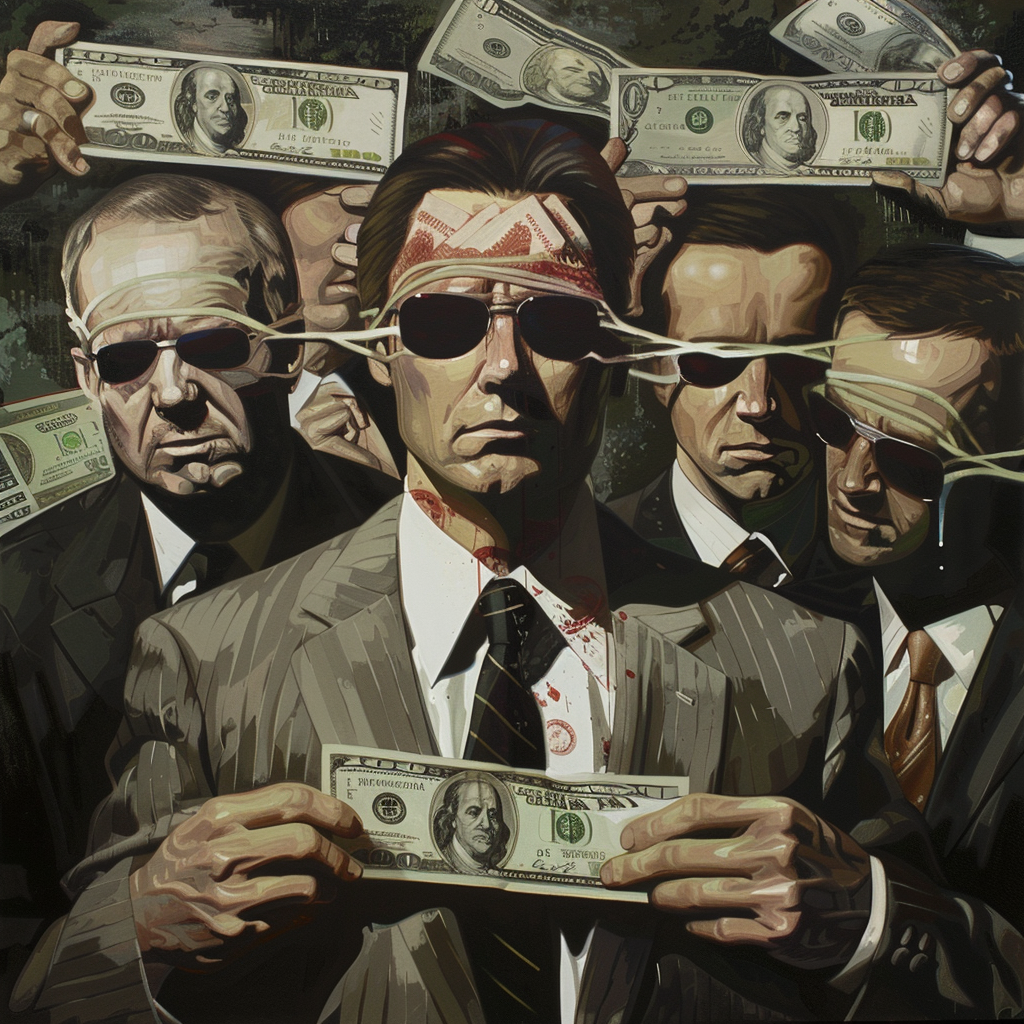
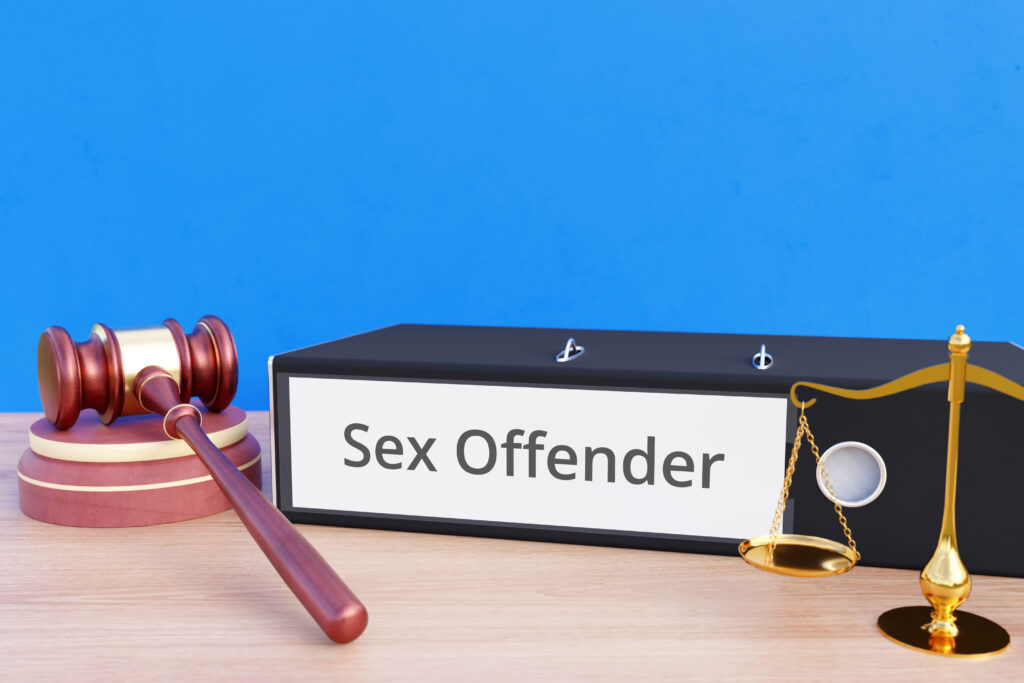

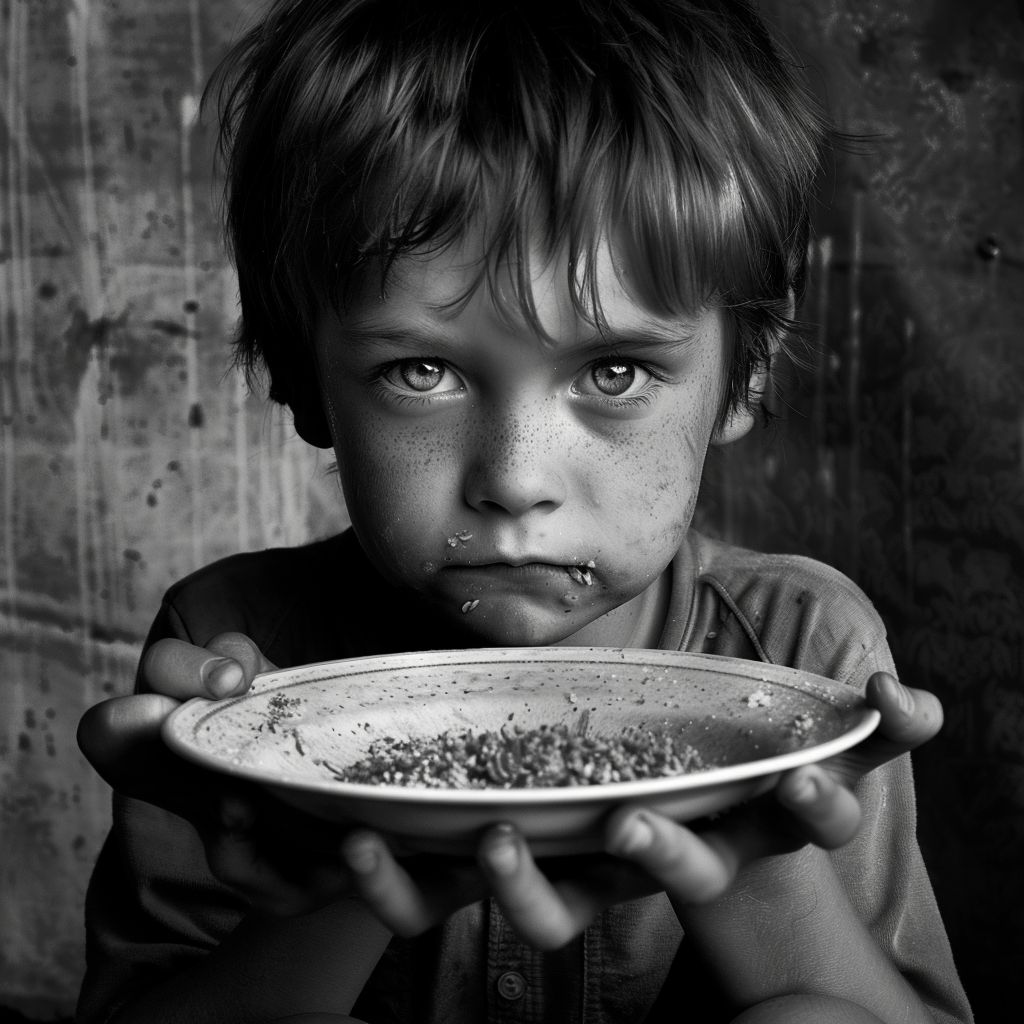
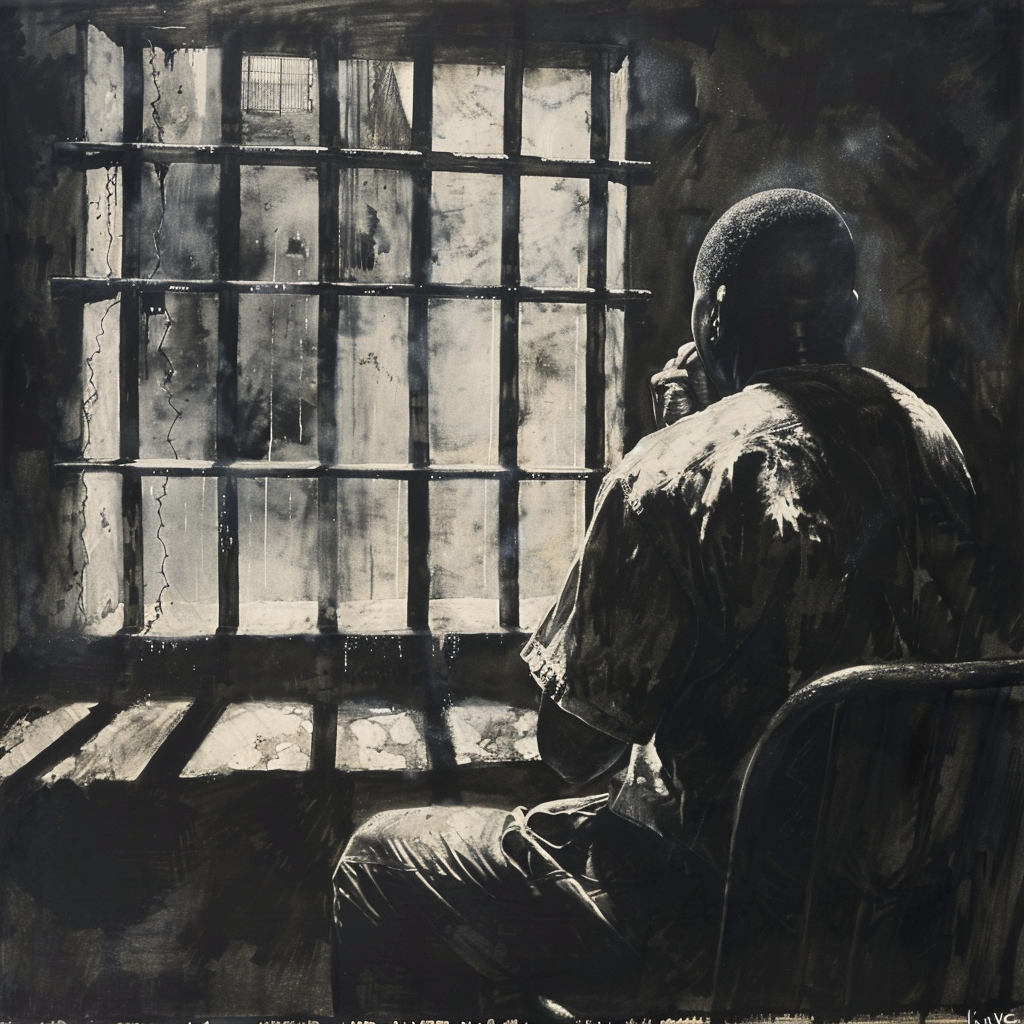
Responses